Archive for the ‘interdisciplinary’ Category
Saturday, August 31st, 2019
[ by Charles Cameron — it’s like a waterfall ]
.
It’s like a waterfall: you stumble on an idea that comes from the mouth of Doug Coe, describing the principle behind the influence of The Family, of which he was the long-time leader —
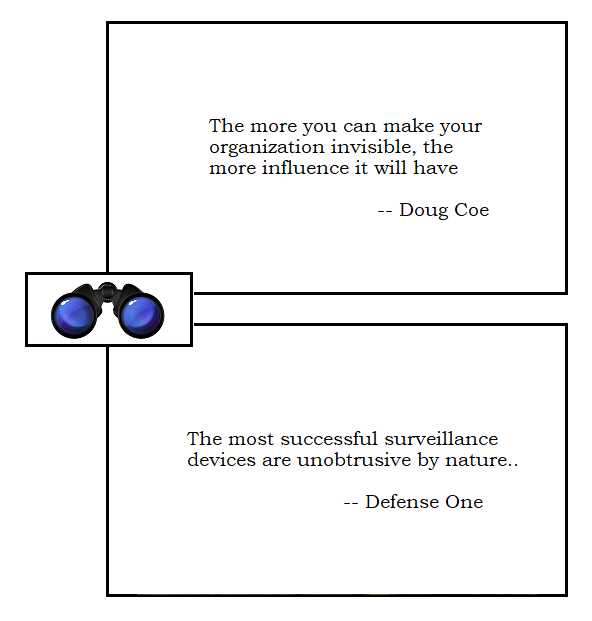
— and it turns out the same principle is referenced in an article on surveillance in Defense One —

— only to re-emerge in Dr Mark SG Dyczkowski‘s work on the tradition, philosophy and practice of the goddess Kubjikaa.
**
There’s clearly a principle at work here that could find application in many fields, contexts, silos — and the concatenation of such instances is itself a demonstration of the value of silo-breaking thinking.
FWIW, I wouldn’t have so much as heard of the Goddess Kubjikaa were it not for my half-century friendship with Mark Dyczkowski, to whom I owe so much, and into the waters of whose scholarship so deep I have dipped no more than a toe.
0
Posted in Charles Cameron, christianity, defense, Doublequotes, family, hinduism, India, interdisciplinary, jeff sharlet, nepal, Religion, surveillance, tantra, Uncategorized | Comments Off on Invisibility, Jeff Sharlet’s The Family, and the goddess Kubjikaa
Monday, July 11th, 2016
[by J. Scott Shipman]
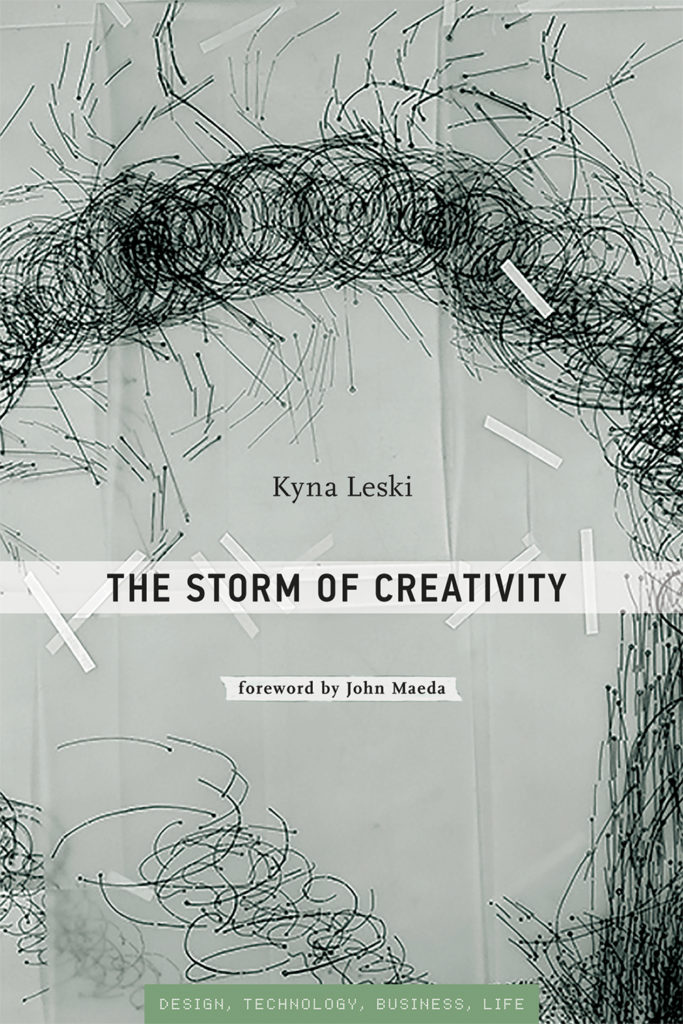
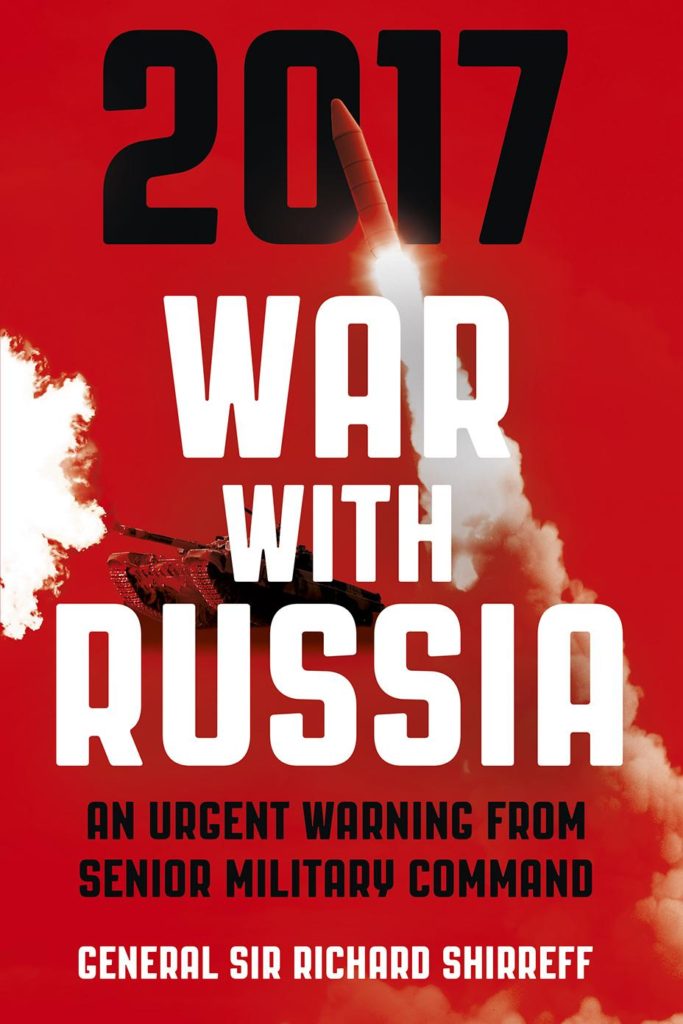
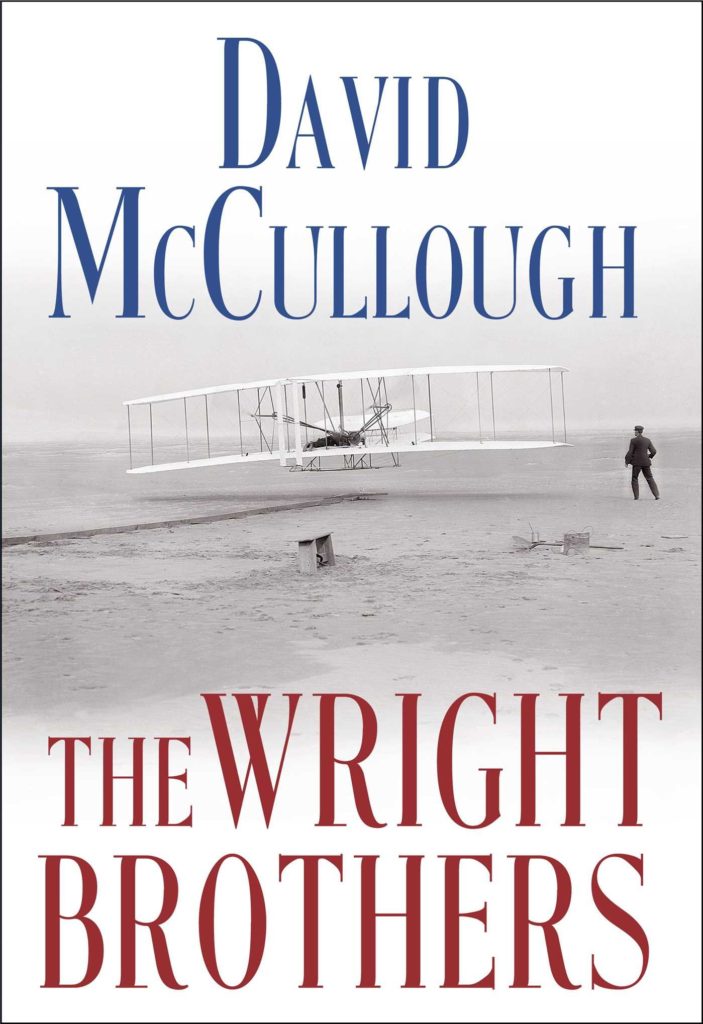
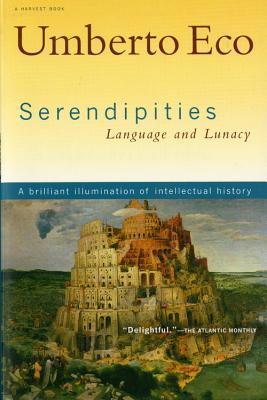
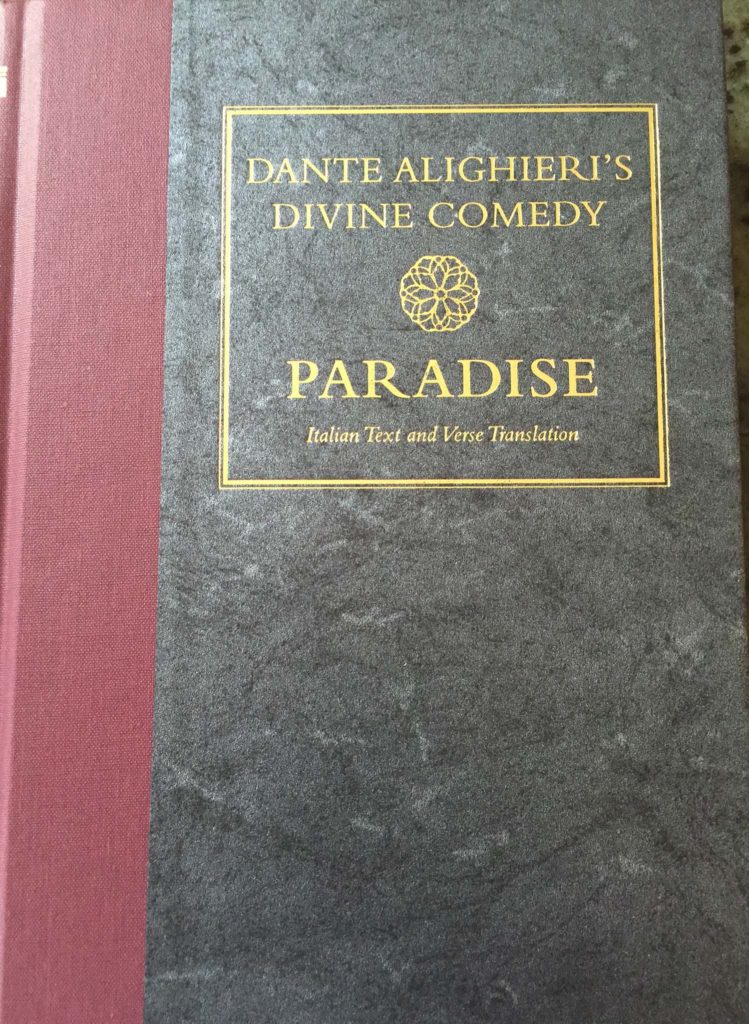
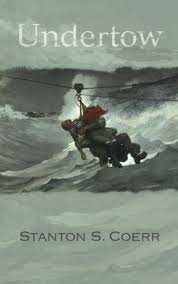


The Storm of Creativity, by Kyna Leski
2017 War With Russia, by General Sir Richard Shirreff
The Wright Brothers, by David McCullough
Serendipities, Language and Lunacy, by Umberto Eco
Paradise, Dante Alighieri, translated by Mark Musa
Undertow, by Stanton S. Coerr
The White Horse Cometh, by Rich Parks
Washington The Indispensable Man, by John Thomas Flexner
This list starts the first week of May, so perhaps the title should be Spring/Summer. Most of these books are quick reads and all are recommended.
I picked up Ms. Leski’s book at an MIT bookshop on a business trip in early May and read on the train ride home. Books on creativity are ubiquitous, but Ms. Leski takes an interesting approach by describing the creative process using the metaphor of a storm. Several ZP readers will find of interest.
2017 was recommended by a friend. The author was the Deputy Supreme Allied Commander Europe and the book focuses on a Europe/NATO response to a Russian invasion of the Baltics. Written in a Tom Clancy-like style, the plot is fast-paced even though the good general provides sometimes provides detailed insights into the inner workings of NATA and the North Atlantic Council (this is one of the values of the book—bureaucracy writ-large).
David McCullough’s Wright Brothers delivers an approachable and human accounting of the first men of powered flight. Some reviews on Amazon complain McCullough lifts and uses too many quotes to tell the story. At times the quotes were distracting, but not enough to prevent the enjoyment of the story of two brothers who changed the world. This book was a gift otherwise I probably would not have read.
Serendipities is a short book, but was a long read for me. Eco explains how language and the pursuit of the perfect language has confounded thinkers since time immemorial. He refers to Marco Polo’s unicorn (also used in his Kant and the Platypus which is excellent) explaining how language is often twisted to meet a preconceived notion or idea. The first couple of chapters were quite good, chapters three and four did not hold my interest or were over my head. The closing chapter was good enough to convince me I’ll need to read this little book again. (My Eco anti-library has been growing of late.)
Eco’s book led me to reread Musa’s excellent translation of Paradise. My son gave me the deluxe edition with parallel Italian and English, plus commentary. Eco referenced Canto 26 and 27, and I enjoyed the break so much I read the whole thing!
Undertow is my good friend Stan Coerr’s second book of poetry. His first book Rubicon was a moving collection of poetry of men at war. Undertow deals more with the heart and is quite good, too. You won’t be disappointed.
White Horse is also a book by an old friend, Rich Parks (we’ve known each other since the mid-80’s). White Horse is self-published and in places it shows, but the overall story is quite good for a first book (I’ve already told him his book would make an excellent screenplay.). The plot is quick and entertaining even if a bit unbelievable, but the story is fiction. Rich is following up with a sequel in August in 2016 and I’ll be reading it, too.
Mr. Flexner’s Washington was a gift, too. In this quick biography Washington is made approachable and human. And when I say “quick,” I mean quick…Trenton and Princeton took one chapter compared to David Hackett Fischer’s Washington’s Crossing which took up a standalone book. If someone were looking for a first Washington biography, this would be a good place to start.
This isn’t the conclusion of my summer reading, but a pretty good start.What are you reading this summer?
Posted in 20th century, 21st century, abstraction, academia, analogy, anglosphere, art, authors, book, cognition, complexity, consilience, creativity, critical thinking, Design, diplomacy, emergence, europe, foreign policy, history, ideas, illegal combatants, imagination, innovation, intellectuals, intelligence, interdisciplinary, J. Scott Shipman, john boyd, language, linguistics, literature, magic, memory, metaphor, military professionalism, Patterns, Perception, philosophy, poetry, recommended reading, russia, strategy, synthesis, uncertainty, visualization, weapons of mass destruction, wwii | 8 Comments »
Wednesday, May 25th, 2016
[by Mark Safranski / “zen“]

Blood Sacrifices: Violent Non-State Actors and Dark Magico-Religious Activities edited by Robert J. Bunker
I’m very pleased to announce the publication of Blood Sacrifices, edited by Robert J. Bunker, to which Charles Cameron and I have both contributed chapters. Dr. Bunker has done a herculean job of shepherding this controversial book, where thirteen authors explore the dreadful and totemic cultural forces operating just beneath the surface of irregular warfare and religiously motivated extreme violence.
We are proud to have been included in such a select group of authors and I’m confident that many readers of ZP will find the book to their liking . If you study criminal insurgency, terrorism, hybrid warfare, 4GW, apocalyptic sects, irregular conflict or religious extremism, then the 334 pages of Blood Sacrifices has much in store for you.
Available for order at Amazon
Posted in 21st century, 3 gen gangs, 4GW, amazon, analytic, anthropology, Apocalyptic, authors, blasphemy, blog-friends, book, ceremonial, Charles Cameron, counterterrorism, criminals, cultural intelligence, culture, death, dystopia, extremists, gangs, historians, ideas, illegal combatants, insurgency, intellectuals, interdisciplinary, law enforcement, magic, management of barbarism / savagery, myth, narcoterror, networks, non-state actors, occult, organizations, primary loyalties, psychology, radicalization, Religion, robert j. bunker, sacred, sacrifice, sane / insane, secret, sectarian, social networks, society, state failure, symbolism, terrorism, Theology, theory, torture, transnational criminal organization, tribes, tyrrell, war, warriors | Comments Off on Announcing ! BLOOD SACRIFICES
Wednesday, April 20th, 2016
[by Mark Safranski / “zen“]
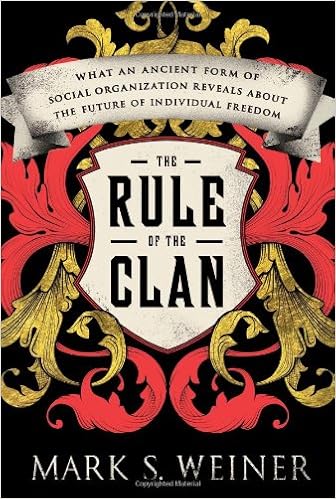
Rule of the Clan by Mark Weiner
I often review good books. Sometimes I review great ones. The Rule of the Clan: What an Ancient Form of Social Organization Reveals about the Future of Individual Freedom by Mark S. Weiner gets the highest compliment of all: it is an academic book that is clearly and engagingly written so as to be broadly useful.
Weiner is Professor of Law and Sidney I. Reitman Scholar at Rutgers University whose research interests gravitate to societal evolution of constitutional orders and legal anthropology. Weiner has put his talents to use in examining the constitutional nature of a global phenomena that has plagued IR scholars, COIN theorists, diplomats, counterterrorism experts, unconventional warfare officers, strategists, politicians and judges. The problem they wrestle with goes by many names that capture some aspect of its nature – black globalization, failed states, rogue states, 4GW, hybrid war, non-state actors, criminal insurgency, terrorism and many other terms. What Weiner does in The Rule of the Clan is lay out a historical hypothesis of tension between the models of Societies of Contract – that is Western, liberal democratic, states based upon the rule of law – and the ancient Societies of Status based upon kinship networks from which the modern world emerged and now in places has begun to regress.
Weiner deftly weaves the practical problems of intervention in Libya or counterterrorism against al Qaida with political philosophy, intellectual and legal history, anthropology, sociology and economics. In smooth prose, Weiner illustrates the commonalities and endurance of the values of clan and kinship network lineage systems in societies as diverse as Iceland, Saudi Arabia, Kenya, India and the Scottish highlands, even as the modern state arose around them. The problem of personal security and the dynamic of the feud/vendetta as a social regulator of conduct is examined along with the political difficulties of shifting from systems of socially sanctioned collective vengeance to individual rights based justice systems. Weiner implores liberals (broadly, Westerners) not to underestimate (and ultimately undermine) the degree of delicacy and strategic patience required for non-western states transitioning between Societies of Status to Societies of Contract. The relationship between the state and individualism is complicated because it is inherently paradoxical, argues Weiner: only a state with strong, if limited, powers creates the security and legal structure for individualism and contract to flourish free of the threat of organized private violence and the tyranny of collectivistic identities.
Weiner’s argument is elegant, well supported and concise (258 pages inc. endnotes and index) and he bends over backwards in The Rule of the Clan to stress the universal nature of clannism in the evolution of human societies, however distant that memory may be for a Frenchman, American or Norwegian. If the mores of clan life are still very real and present for a Palestinian supporter (or enemy) of HAMAS in Gaza, they were once equally real to Saxons, Scots and Franks. This posture can also take the rough edges off the crueler aspects of, say, life for a widow and her children in a Pushtun village by glossing over the negative cultural behaviors that Westerners find antagonizing and so difficult to ignore on humanitarian grounds. This is not to argue that Weiner is wrong, I think he is largely correct, but this approach minimizes the friction involved in the domestic politics of foreign policy-making in Western societies which contain elite constituencies for the spread of liberal values by the force of arms.
Strongest recommendation.
Posted in 15th century, 16th century, 17th century, 19th century, 20th century, 21st century, academia, al qaida, analytic, ancient history, anthropology, authors, black globalization, blowback, book, comparative, connectivity, contemplative, cultural intelligence, culture, Evolution, Failed State, foreign policy, government, historiography, history, Human Rights, ideas, insurgency, intellectuals, interdisciplinary, international law, lawyers, legal, legitimacy, Liberalism, liberty, national security, networks, non-state actors, paradox, Patterns, philosophy, politics, primary loyalties, Questions, rule-sets, security, social networks, social science, society, state failure, theory, tribes, Uncategorized | 3 Comments »
Friday, June 12th, 2015
[by Mark Safranski, a.k.a. “zen“]

Pete Turner of The Break it Down Show had a powerful post that encapsulated what is wrong with the American approach to intervention in foreign societies, both in terms of our aid and development programs as well as COIN and military assistance of various kinds.
Collection Center Collects Instability
….A good example of what we did involves things called Collection Centers, which our government built to afford Afghan farmers a place to showcase products to vendors. The Center is supposed to create greater revenue for farmers. Despite the best of intent, and a lot of hard work, the program was and remains an utter disaster.
Why has the program been such a flop?
We, the US, came in and established these centers without ever considering how the existing system worked. We never bothered to determine how changing the system might be accepted or rejected, or cause harm to those we intended to help. We didn’t consider if the Afghans even had a system (which, of course, they did).
Instead of defining the existing system and assessing whether or how our tool might address a need, we just came in and started changing things It didn’t work, and we barely cared that it didn’t; and we reported the opposite.-–
An aside–the if you read the report, look for mentions of Afghan involvement in the process. You won’t find it.
I spoke with an Army Major in charge of the program and asked him about the existing local market chain from grower to consumer. He admitted that he didn’t know about it. When I asked why he was trying to change it, I was met with silence.
We also never considered if we were creating a harmful situation for farmers, and that ignorance caused unexpected and undesirable outcomes. At the most basic level, Taliban fighters notice “western” influence. A farmer who uses (though they never actually did) the collection center is exposing his allegiance with the US and therefore putting his family and himself in jeopardy. Further, the farmer buyer relationship is established relationship. Changing the nature of their transaction is reckless in such a conservative, Taliban influenced place. What we can’t do is create a situation that is perceived to increase uncertainty for farmers.
We built these centers throughout Afghanistan. At every instance, covering multiple units, I observed the same poor US decision-making. We never bothered to involve our Afghan partners in the decisions and never allowed them to guide us on how to work within their system. We forced these centers upon the people of Afghanistan, and wasted more than money and resources in the process. We wasted opportunities to actually improve the lot of the farmer, which makes de-legitimizing the Taliban fighters more challenging.
Read the whole post here.
Turner wore many different hats in Iraq and Afghanistan but in one extended tour in Zabul, Pete worked closely with political science Professor Richard Ledet, who in addition to his scholarly expertise, was uncannily good at donning local attire and blending in with Afghan villagers.

Dr. Richard Ledet
Turner and his partner Jon, interviewed Ledet recently on their program:
What happens when an institution attempts to make changes intending to improve the lot of others? What if they ignore culture and fail to communicate with the people designed to receive a benefit from the change? We address these questions in ourepisode with Dr. Richard Ledet.
We are fans of Rich. He’s a warrior, professor, surfer, hunter, all-around brilliant, rugged dude. His current gig is working as a Poli Sci professor at Troy University in Troy Alabama. Rich and I worked together in Afghanistan studying how effective or “affective” our work was as US assets helping Afghans. It’s not common for Poli Sci professors to get so close to the ground truth, and then to be able to test our policy and strategic programs as they implemented at the lowest level. This experience, we believe, is fascinating and applies directly to the real world.
Listen to the interview here on The Break it Down Show.
Posted in 21st century, 4GW, academia, Afghanistan, Break it Down Show, COIN, counterinsurgency, cultural intelligence, DIME, expertise, Failed State, government, ideas, insurgency, intellectuals, intelligence, interdisciplinary, military, military intelligence, non-state actors, Perception, Podcast, politics, population, reform, social networks, social science, social services, society, soft power, Taliban | 1 Comment »
















